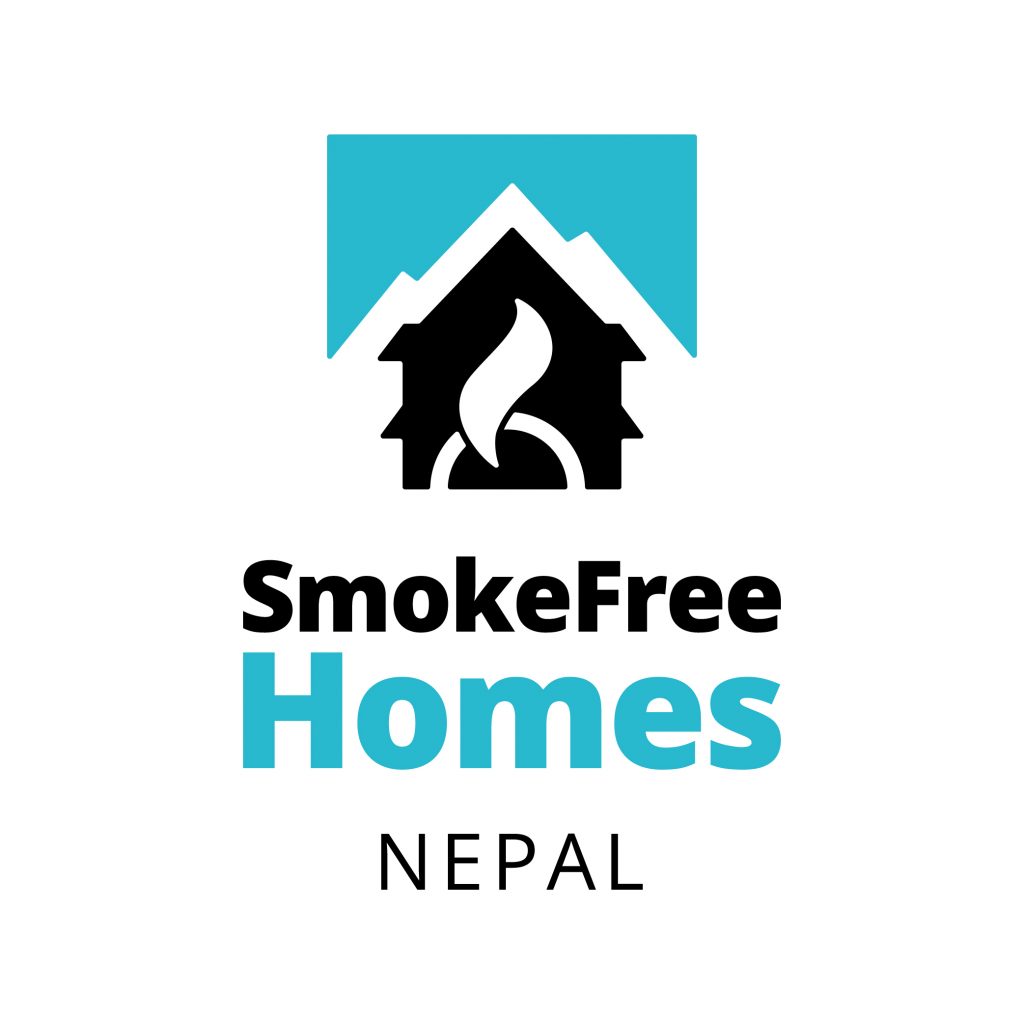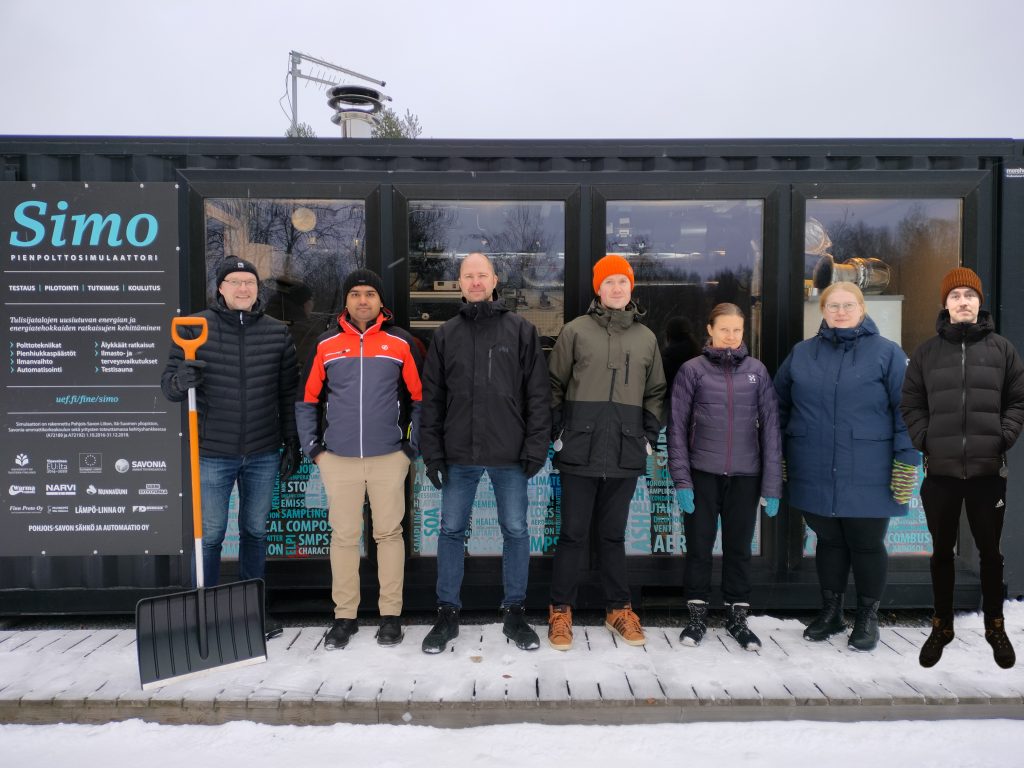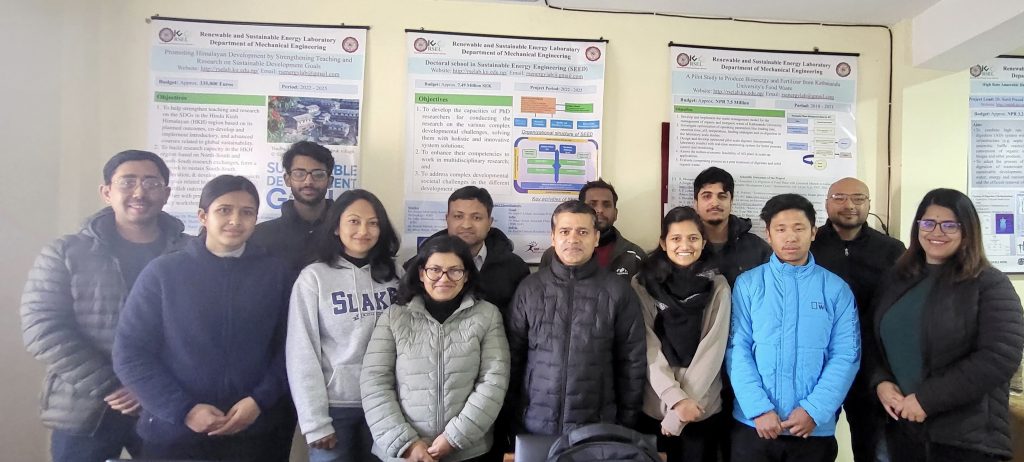Technological and socio-economic solutions to reduce indoor air pollution in Nepal (SmokeFreeHomes Nepal)
Duration: 1.9.2023-31.12.2026
Research programme: DEVELOP2 (the Academy Programme for Development Research)
Funding: Ministry for Foreign Affairs of Finland

Residential biomass combustion (RBC) is one of the most important emission sources globally and a major cause of indoor air pollution in developing countries. Nepal is one of the least developed and low-income countries and most of the households in rural communities use traditional stoves. RBC aerosol includes several particulate and gaseous compounds which are harmful to health and climate. The emissions from heating and cooking activities cause a high level of health hazard to the people spending more time in the house (e.g., women and children). Overall, household air pollution in Nepal accounts for more than 18000 deaths annually.
Overarching objective of the research is to find out the most effective, techno-economic, and socially acceptable measures to reduce RBC emissions from Nepalese rural houses and thus, lower the exposure for indoor air pollutants to women and children. The research clarifies levels of indoor air pollutants and aims to reduce the concentrations by improving stove technologies and operational behavior. In addition, mitigation models and emission inventories will be developed. This project will produce information for the assessment of health and climate effects imposed by RBC emissions in developing countries. The results will be useful in developing Nepalese emission database and national and provincial climate and energy policies.
Small-scale combustion research group and Indoor Environment and Occupational Health research group at University of Eastern Finland participate in the project and focus on work packages that cover indoor air, stove operational practices, combustion technologies and implementation. They are responsible for the emission tests of the stoves, indoor air emission and exposure measurements and for coordinating the project. Kathmandu University and Tribhuvan University will serve as partner institutions.
Kathmandu University is a leading institution dedicated to excellence in education and research, fostering innovation and holistic development in Nepal. For more details, visit the university’s website. Renewable and Sustainable Energy Laboratory (RSEL) at Kathmandu University is generating renewable energy knowledge, innovating designs, and contributing to mitigate climate change. RSEL is responsible for facilitating the project while leading a work package which concentrates on mitigation scenarios, policy context, and socio-economic values. You can learn more about RSEL and its activities on the website.
Tribhuvan University (link to website) was established in 1959 as the first university of Nepal with the goals of promoting, developing, and disseminating information and emphasizing research. The Central Department of Environmental Science (CDES) of Tribhuvan University will facilitate the development of innovative solutions to mitigate harms of household air pollution exposure and offer logistic support for study fieldwork and data collection. CDES focuses on a work package that covers outdoor air and emission inventories. For more information about CDES, visit the website.

Contact information:
Research Director (PI) Dr. Jarkko Tissari
Department of Environmental and Biological Sciences
University of Eastern Finland
+35840 355 3237
jarkko.tissari(at)uef.fi

International partners:
Professor Dr. Rejina Maskey Byanju
Central Department of Environmental Science
Tribhuvan University
rmaskey(at)cdes.edu.np
Associate Professor Dr. Sunil Prasad Lohani
Department of Mechanical Engineering
Kathmandu University
splohani(at)ku.edu.np
